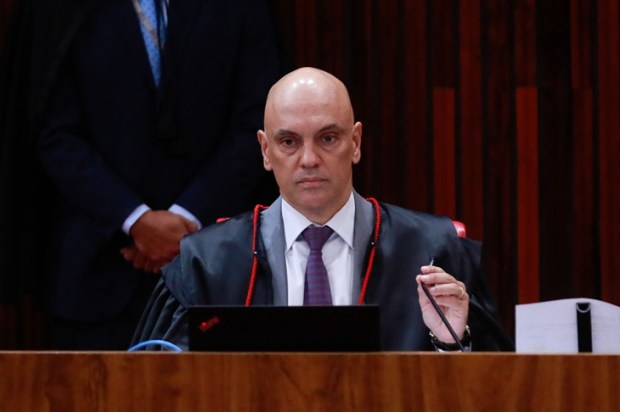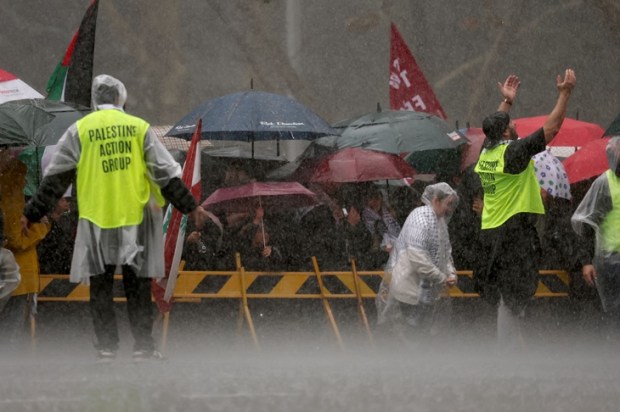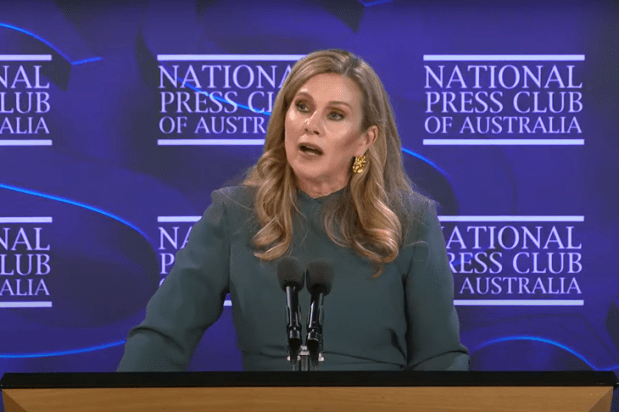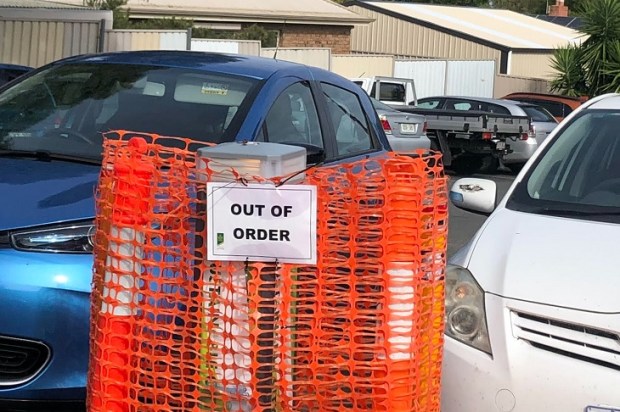Last year Mitcham Council, in the leafy south-eastern suburbs of Adelaide, declared a climate emergency. They proudly announced that they were one of only about a dozen councils to have done so.
This is the same council that wanted to change the date of Australia Day and suspend a traditional community Christmas Carols event as it was ‘too Christian’. Community backlash stopped those escapades, but the council keeps trying to find more ways be to be Woke and a bit silly.
Having established the climate emergency as a policy base, council saw that part of their important crusade was to encourage the uptake of electric vehicles (EVs) by the public. That is a big ask for a local council. The federal Labor government has taken up the cudgel for EVs, while the assortment of EV manufacturers and their various hangers-on are doing their best to flog these cars. They didn’t really need the help of a little local council, surely?
Nevertheless, Mitcham Council decided they would establish two electric vehicle charging stations. One was to be at the council offices, to serve an anticipated council EV fleet as well as the public, and one was sited next to a Woolworths supermarket in a council-owned carpark at Blackwood. This one was solely for public use.
Council promised itself that reports on the use and operation of these charging stations were to be formally reported on in six months. I enquired after the reports but received a ‘sorry we haven’t got them, they just didn’t get done’ response. I was assured that after some IT changes, they will do better in the second six months of operation and provide the reports then. I’m not holding my breath.
The stations opened (proudly, of course) for business in early 2022 … except, they weren’t for open for business in any kind of literal sense, they were free to all comers, regardless of whether you were a ratepayer or not. Compare this to other services. You cannot use the local recycling plant if you are not a ratepayer, but now anyone could now get free fuel for the right type of car.
Ratepayers in the Mitcham area were going to pay for the fuel for anybody, from anywhere, despite the drivers presumably being affluent enough to buy an EV. The wealthy in their $70k to $100+K EVs were going to get free fuel!
It gets worse.
After three FOI attempts and discussions, I was able to find out that, on average, the Blackwood charging station was used by one car per day for roughly an hour or so. This accorded with my frequent observations. Over the first six months of operation, the cost to the ratepayer was about $3.50 or so per charge.
But it wasn’t really … it was closer to $40 per charge, by my reasoning.
When the cost of establishing the charge stations was accounted for, (over $30,000 just for the Blackwood station) and modestly depreciated over three years (I suspect their tech/chips/software won’t last that long) and at the current level of use, the real cost becomes about ten times what it should be.
Those EV drivers could have charged their cars at home for about $3.50, but they could also charge them at the council-owned stations for about $40. It’s called … someone else’s money.
But what about the climate emergency? For the past three weeks South Australia, the so-called renewables state, has relied upon brown coal-fired electricity from Victoria to keep the lights on and to keep those EVs charged. The council-owned EV charging stations have done nothing for the climate emergency other than give some Woke councillors a warm glow. Many of us know where the renewables catastrophe is headed, and it’s a shortage of more expensive electricity. The council would have been more on the money if they declared an energy emergency.
But what about ‘re-energising’ the Blackwood area by encouraging customers with EVs to shop in Blackwood?
Great idea… except that the average time these shoppers spend there is less than 20 minutes. That might be just enough charging to get you to the shops and back. A business-savvy council would have realised that the prospect of a small slow charge was not going to change ingrained shopping habits.
Council might hope that the uptake of the free charge will increase as more EVs are on the road. But probably not, because commercial providers will enable faster charges at more convenient locations. One fast charge station is already being built within a ten minute drive of these council-owned stations. Others will be closer. It was always going to happen. Then the council chargers will be used even less, and eventually, quietly (and probably not proudly) closed down. That won’t make the front page of the council’s Community News…
In the meantime, ratepayers grit their teeth, grapple with the continuing cost of living increases and perhaps dream that they too will get free fuel for their car one day. Or at least that their rates won’t keep rising to pay for more of their council’s vanity projects.

























